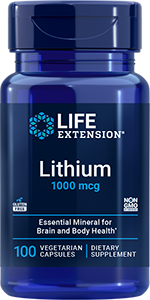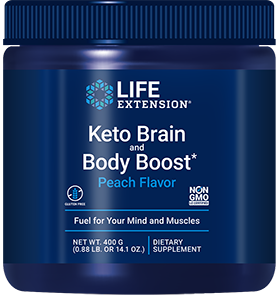
Newsletter
Newsletter
Low CoQ10, beta-carotene levels and increased metabolic disorders found in oral cancer patients

May 19, 2020
A study reported on April 15, 2020 in BMC Cancer revealed a significant incidence of low levels of the antioxidants coenzyme Q10 (CoQ10, or ubiquinone) and beta-carotene (a precursor to vitamin A) in patients with cancers of the oral cavity. The patients were also found to have a greater risk of metabolic disorders, including metabolic syndrome.
The investigation included 194 men and women treated for oral cancer whose tumor-node-metastasis stages ranged from 0 to 4. Questionnaire responses provided information concerning lifestyle habits, and blood sample analysis determined levels of antioxidants and other factors.
Over half of the participants had elevated blood pressure, central obesity, and high blood glucose and lipid levels, all of which are included in the criteria that defines metabolic syndrome. Among those in T3 and T4 cancer stages, activity levels of the body’s antioxidant enzyme catalase were lower, and levels of the cytokine interleukin-6 were higher in comparison with subjects in other stages. Subjects in the T4 stage had a higher level of high-sensitivity C-reactive protein (CRP), a marker of inflammation.
Low coenzyme Q10 levels of less than 500 nanomoles per liter (approximately 0.432 mcg/mL) were detected among 94% of the subjects. Beta-carotene levels were low among over half of those in stages T0 to T2 and in 40% of those in stages T3 and T4. High levels of CoQ10 and beta-carotene were associated with lower risks of elevated triglyceride levels and metabolic syndrome.
“This study is the first to investigate the antioxidant vitamins status in patients with oral cancer,” authors Man-Yee Chan and colleagues announced. “Since patients with oral cancer suffer from high oxidative stress and inflammation, supplementation with antioxidant vitamins such as ubiquinone or beta-carotene could be preferentially applied.”
Products
Apply What You've Learned: Oral Cancer
- Oral cancer describes cancers that appear in the oral cavity and can occur on cancers of the tongue, lips, cheeks, hard and soft palate, floor of the mouth, sinuses and throat. Oral cancer is categorized as a type of head and neck cancer.
- While the incidence of oral and throat cancers declined during the 1980s, some types are on the rise.1 The increase has been attributed to a greater incidence of infection with the human papillomavirus (HPV).
- Smoking and immoderate alcohol use also increase oral cancer risk.1
- A meta-analysis of 14 case-control studies conducted in several countries uncovered a 6.2% lower risk of oral cancer in association with each one cup increase in daily tea consumption. Further analysis of the data limited the beneficial effect of tea drinking to non-black tea.2
References
-
Ellington TD et al. MMWR Morb Mortal Wkly Rep. 2020 Apr 17;69(15):433-438.
-
Zhou H et al. Medicine (Baltimore). 2018 Dec;97(51):e13611.
Sleep Health Supplement Guide
By answering a few simple questions, we will help you choose the best sleep health supplements that are right for you.
What's Hot
Health Concern
Metformin disrupts head and neck tumor growth
The Laryngoscope reported the discovery of researchers at Thomas Jefferson University of mechanisms associated with the drug metformin against cancer of the head and neck.
Cancer Adjuvant Therapy
Adjuvant cancer therapies are used to support and enhance the effects of primary cancer therapies in eradicating or reducing cancer's burden on the body, and to help prevent cancer recurrence and increase survival.
Related Life Extension Magazine® Articles

Viral Induced Cancers
Largely affecting men, the incidence of neck and head cancers caused by HPV is surging. Eleven million American males are infected with this virus. The healthy diet and supplement programs Life Extension® readers follow offer a degree of protection, and the right regimen may even promote a protective antibody response.

New Research on Astaxanthin and Cancer
Scientists have discovered that astaxanthin may combat cancer—including liver, colorectal, lung, and prostate malignancies—through six different mechanisms.
About Us
Our true passion and dedication have always been driven by the singular goal of optimizing your health so you can live a long, happy life.







